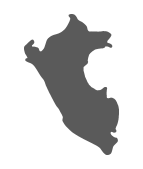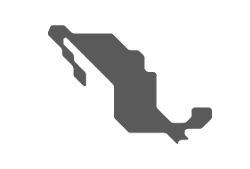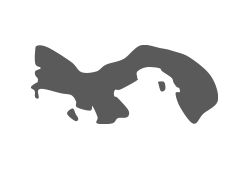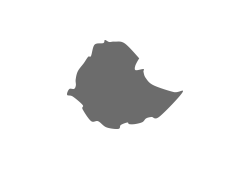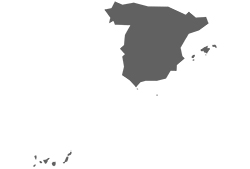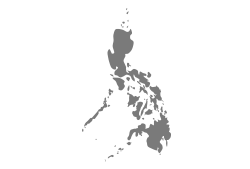We reach more than 161,000 people with our energy and water services in remote communities
04/16/2025- GROWTH. Last year, we started our activity in two new countries, South Africa and the Dominican Republic.
- SOCIAL IMPACT. The supply of renewable electricity and quality water drives progress, with a direct improvement of health, education, the economy and environmental conservation.
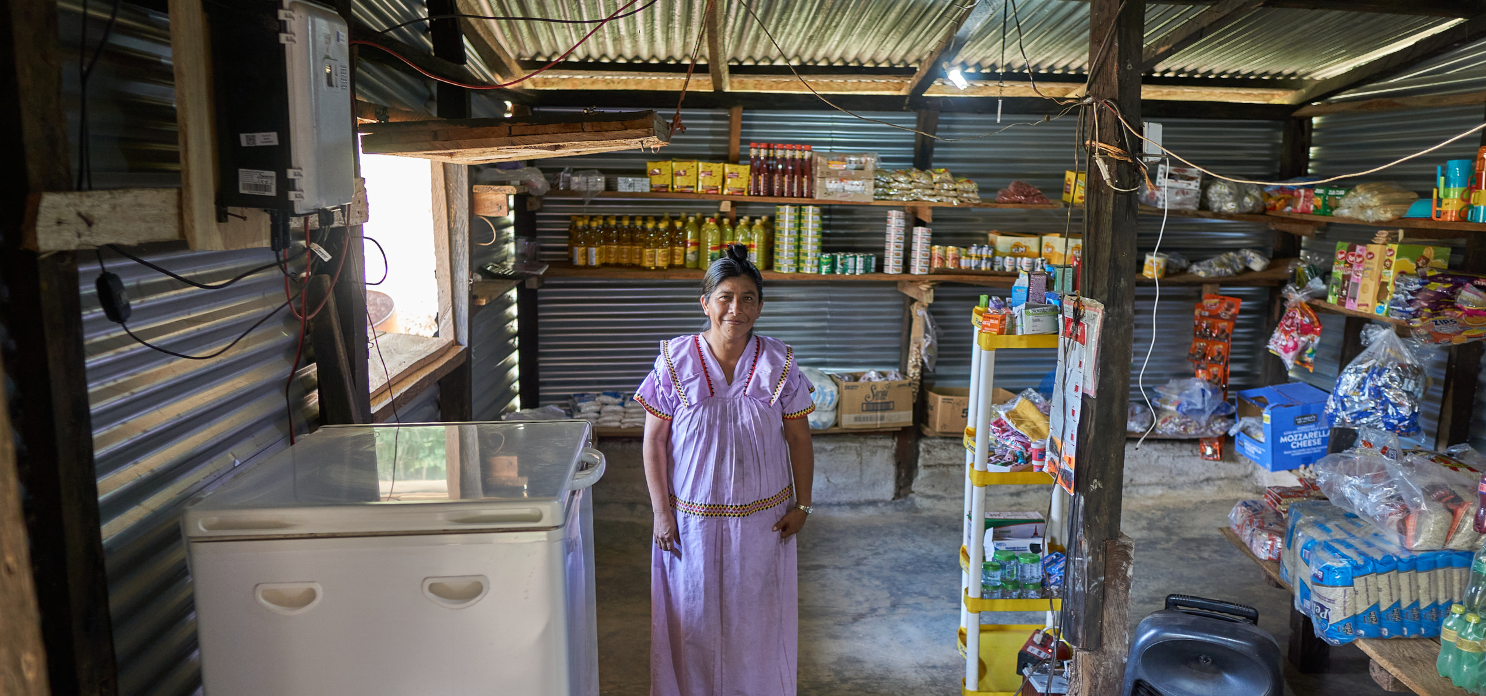
We extended our renewable electricity, quality water and proper sanitation services to a total of 161,260 people (+36%) in nine countries in 2024. We reached 33,400 households, as well as small businesses and educational and community centers, which benefit from our service model that covers the technical maintenance and the technology needed for long-term continuity.
During the past year, acciona.org became active in South Africa and the Dominican Republic, two new countries in addition to Peru, Mexico, Panama, Chile, the Philippines, Ethiopia and Spain. We also expanded our scope to include productive development and emergency intervention projects.
Regarding productive development, we launched a project in San Juan Lalana (Mexico) that includes drinking water supply and sanitation, a program for the restoration of the area's water and forest ecosystems and various initiatives to develop the local economy by planting trees and itxle, a native plant used to obtain a very resistant fiber.
For humanitarian aid, we completed the implementation of our model within the framework of the Shire Alliance, providing electricity to 13,000 people through solar home systems in the Hilaweyn refugee camp and host communities in Ethiopia. acciona.org has worked in the Shire Alliance together with the Spanish Agency for International Development Cooperation (AECID), the Madrid Polytechnic University’s Center for Technological Innovation for Human Development (itd-UPM) and two private companies, with the collaboration of the United Nations Refugee Agency, UNHCR.
Also in the humanitarian aid field, we partnered with Action Against Hunger to develop the web tool called REact (Renewable Energy for Assisting Communities Tool), which assesses energy needs for humanitarian interventions and designs solutions based on renewables, both for aid organizations’ operations and for the needs of the affected population. Its standardized calculations enable the rapid deployment of a cleaner and cheaper alternative to fossil fuels for electricity supply.
DOMINO EFFECT
Access to the basic services of clean electricity, quality water and adequate sanitation improves education, health and hygiene, the local economy, gender equity and environmental protection for the 1,663 rural, indigenous and refugee communities.
- Poverty reduction. Our solutions allow households to save between 30% and 50% in energy costs, while earning additional income through the development of new productive activities, totaling €1.75 million.
- Health and hygiene. Solar home systems with batteries provide up to 12 hours of electric lighting per day to households, businesses, schools and other community centers (53.35 million hours of lighting in total), thus preventing illnesses caused by smoke and low light intensity from candles, kerosene, firewood, etc. Quality water improves hygiene and prevents digestive diseases.
- Education. A total of 58,850 school-age children can devote more time to their studies every day, which entails more than three million hours of additional education.
- Local economy. acciona.org's 52 service centers offer advice and service management, as well as the supply of spare parts, accessories and household appliances. Reliable services encourage the creation of local stores, restaurants and craft and sewing workshops.
- Gender equity. We promote the inclusion of women in decision-making and project management. At year-end, more than 1,300 women participated in the delegate bodies promoted in each community to manage and supervise the services.
- Preservation of the environment. The use of renewable energy prevented the release of 9,017 tonnes of CO2 emissions in 2024 and the uncontrolled disposal of 60.60 tonnes of batteries, while curbing the environmental degradation caused by the collection of organic fuel (such as firewood and vegetation) and unhygienic waste dumping.
